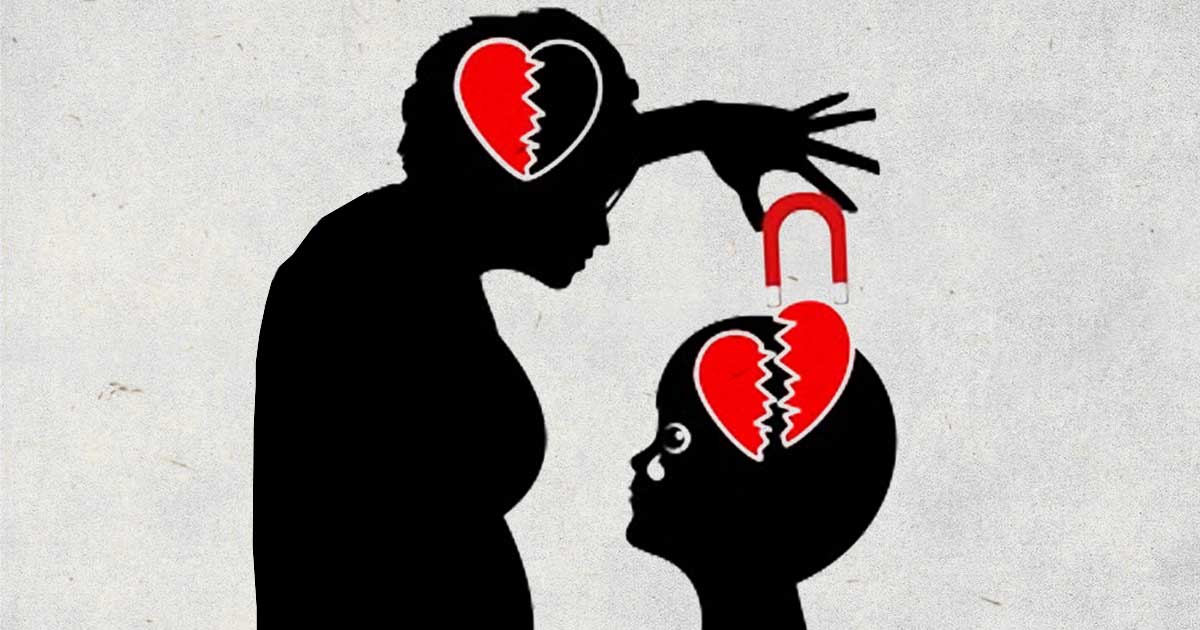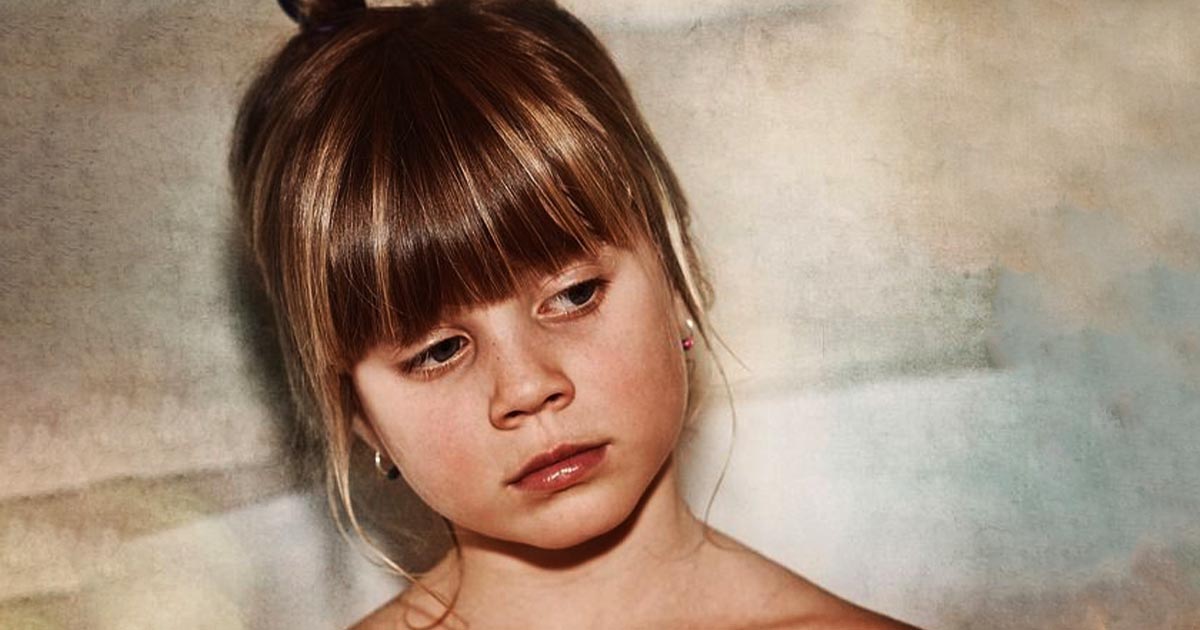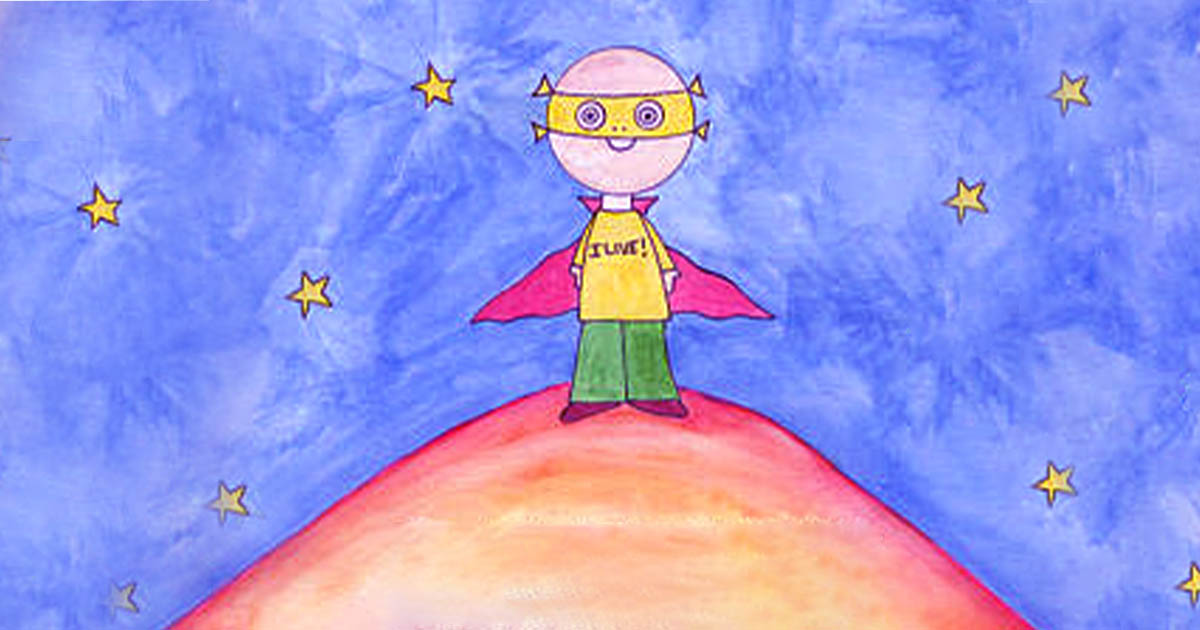Children, with their boundless energy and wide-eyed wonder, often tread paths filled with dreams and magic. However, beneath the surface of laughter, play, and innocence, they can sometimes carry burdens too heavy for their tender years, which can affect the children’s mental health.
The whispers of their struggles might not always be loud and clear. They might not always find the words to express their feelings, nor the space to share their worries, but there will always be subtle signs of mental illness in children. If we pay attention to these signs, we will surely be able to identify them.
Children’s Mental Health – What It Means
Children’s mental health, at its core, pertains to the emotional, psychological, and social well-being of our young ones. It’s about how they think, feel, and act.
While physical health often manifests visible symptoms, symptoms of mental health issues are more subtle. Mental health and child development are connected and the health of their mind will determine how they handle stress and make choices in their adult life too.
The Signs Of Mental Illness In Children
In the soft lullabies, we sing and the stories we narrate, there’s an unspoken pact we make with our children: to protect them, to understand them, and to stand by them, come what may.
With the modern challenges in childhood, it becomes imperative for us, as guardians of their souls, to recognize the signs of childhood mental disorders, however faint they might be, and protect them from it as best as we can.
1. Sudden Shifts In Emotions
Children, like adults, have a plethora of emotions. But when their laughter abruptly shifts to tears or anger or aggression without a discernible reason, it can be jarring.
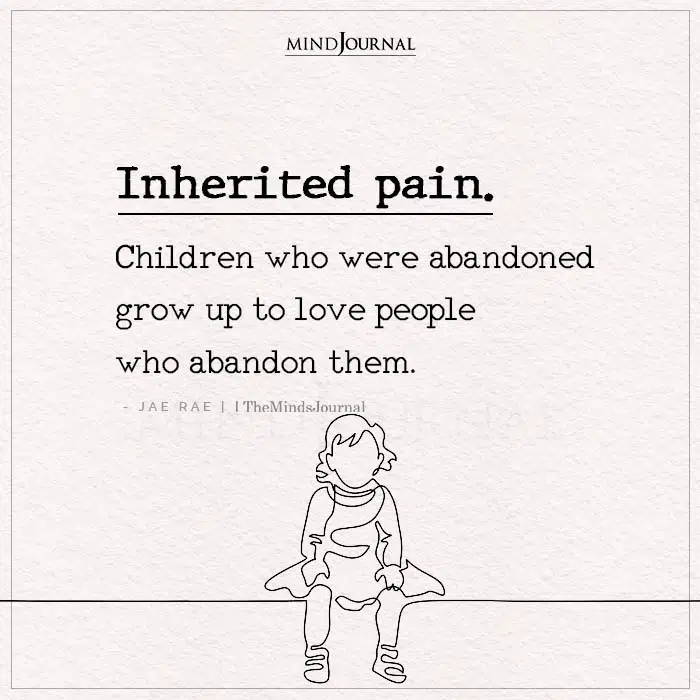
This isn’t about a one-time tantrum over a toy but rather an unpredictable emotional tide that seems to sweep them away suddenly and can be regarded as one of the signs of mental illness in children, making it hard for them to anchor themselves.
2. Disruption Of Their Sleep
Sleep is their refuge, a time for their little bodies to grow, bettering their mental health and child development process.
If this sanctuary gets often disrupted with nightmares or if they’re consistently battling to fall asleep or waking up frequently, it might signify internal distress and can be a sign of childhood mental disorders.
3. Disinterest In Playing With Their Mates
Play is a child’s language of love, learning, and expression. One of the signs of mental illness in children is when they suddenly seem disinterested, opting for solitude over their once favorite play-dates.
This might just be more than evolving interests. It might be a sign that social interactions are becoming overwhelming or confusing for them.
4. Change In Academic Grades
A dip in grades can stem from many sources: learning challenges, distractions, or simply adapting to a new topic. However, if they’re increasingly dreading school, facing disciplinary actions, or if teachers consistently flag behavioral changes, it might be an indicator of deeper emotional struggles.
5. Sudden And Frequent Physical Symptoms
Children can sometimes communicate emotional pain through physical symptoms. Recurring complaints of headaches, stomachaches, or other ailments, especially if they coincide with specific events like school or social gatherings, might be their body’s way of signaling emotional distress.
Related: Discover How To Raise A Child?
A List Of Childhood Mental Disorders
Much like adults, children too, grapple with emotional and psychological challenges. We must recognize when their emotional burdens are becoming overwhelming.
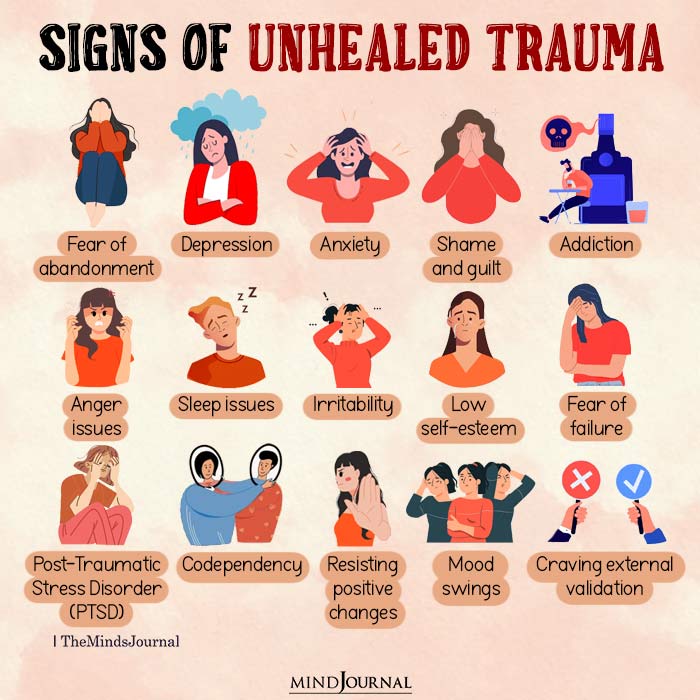
Using clear and straightforward terms, you can gain a better understanding of the childhood mental disorders that they might be facing.
1. ADHD (Attention-Deficit/Hyperactivity Disorder)
This is a disorder where kids always have a high rate of adrenaline rush, which makes it hard for them to sit still or focus.
2. Autism Spectrum Disorder
Autism Spectrum Disorder is a medical condition that has been characterized by challenges with social skills, repetitive behaviors, speech, and nonverbal communication. The behavior range of this disorder is broad.
3. Anxiety Disorders
It’s a chronic childhood mental disorder, where individuals find themselves trapped in overwhelming fear or dread without a tangible cause, having physical and emotional manifestations.
4. Depression
Depression is a severe condition that affects the children’s mental health. This condition is characterized by a prolonged sadness that permeates most aspects of a child’s life.
5. Eating Disorders
It is one of the serious medical illnesses that is intertwined with severe disturbances in eating behaviors, related thoughts, and emotions.
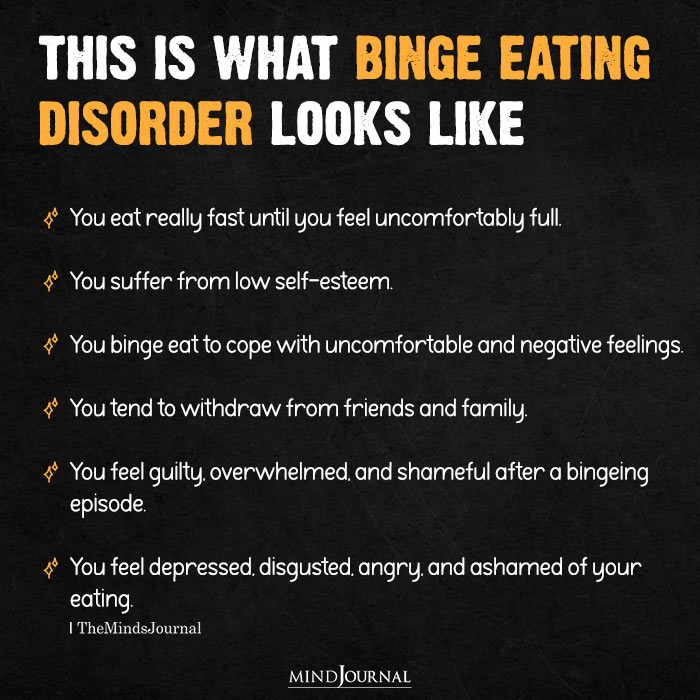
It is often characterized by either eating too much or too little.
6. Conduct Disorder
It is a serious behavioral and emotional disorder that exhibits a range of disruptive behaviors, which violate societal norms and often the rights of others. Far from mere rebelliousness, the patterns seen in this disorder are persistent and robust.
7. Bipolar Disorder
Bipolar Disorder or BPD is a severe disorder that affects both mood and energy levels. It’s characterized by distinct periods of mania or hypo mania where the child has high levels of energy and happy moods, followed by episodes of depression.
8. Obsessive-Compulsive Disorder (OCD)
OCD is characterized by persistent, unwanted thoughts (obsessions), and repetitive behaviors or thoughts (compulsions) that they are driven to perform, often to mitigate the distress stemming from the obsessions.
9. Post-Traumatic Stress Disorder (PTSD)
PTSD arises when children experience, either directly or indirectly, traumatic events that are intense enough to challenge their understanding of safety and stability.
10. Schizophrenia
Schizophrenia is a severe mental disorder that affects the way a child thinks, feels, and behaves, with periods of hallucinations and delusions, such as hearing voices in their head.
Related: Childhood Trauma And Eating Disorders: Shocking Facts
Taking Care Of Children’s Mental Health
Children’s mental health stands paramount amongst the many aspects that influence a child’s journey.
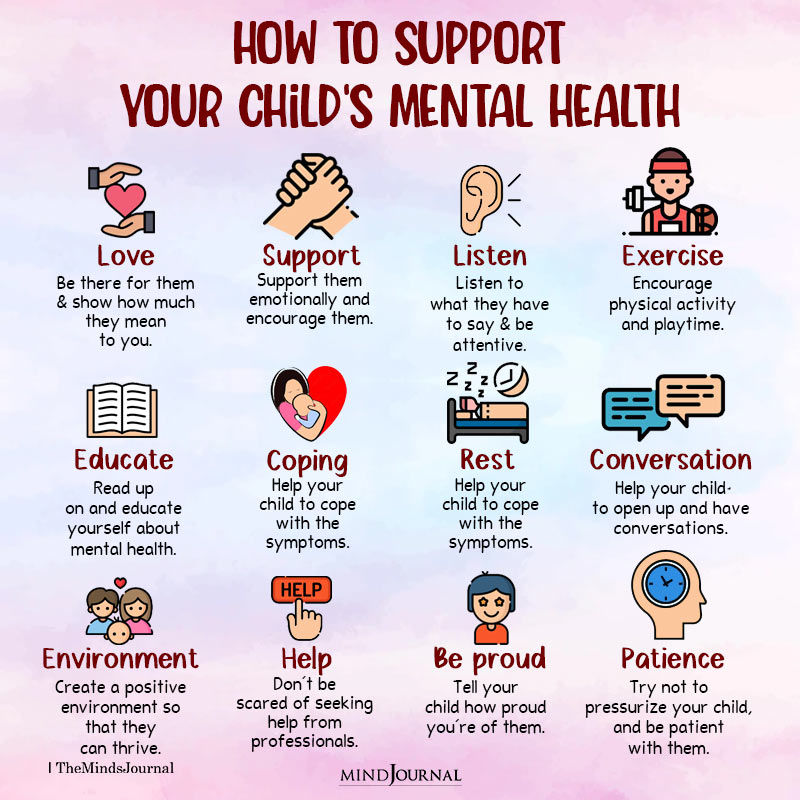
It is important to understand that the issues of their early years can reverberate throughout their lives.
1. Playing A Role In Shaping Their Future
Mental health and child development into the future adult go hand-in-hand. The mental health of a child sets the groundwork for their adulthood. A robust mental foundation equips them with the skills to face life’s adversities and challenges.
2. Influencing Their Capacity Of Understanding
A child’s cognitive, emotional, and social development is intricately tied to their mental health. Their ability to learn, comprehend, communicate, and build relationships hinges significantly on their emotional well-being.
3. Making Their Academic Grades Better
Their concentration, dedication, and overall performance in school are closely linked with the children’s mental health. A child who is mentally well is more likely to engage positively in the classroom.
4. Protection Against Future Chronic Ailments
Addressing and nurturing children’s mental health early on can prevent severe mental health conditions in the future. It’s much like nipping the problem in the bud, ensuring a blossoming future.
Maternal Mental Health And Child Development
A mother’s emotional state, whether it be joy, distress, or something in between, isn’t something just felt by the mother. Maternal mental health and child development are connected profoundly, serving the core for the child’s mental health.
1. Prenatal Influences
The connection between maternal mental health and child development starts before the child is even born, as has been seen through research.
Stress, anxiety, or depression during pregnancy can influence fetal brain development, potentially laying the groundwork for future mental health challenges in the child.
2. Attachment and Bonding
The connection between maternal mental health and child development plays a pivotal role in the formation of secure attachment. Children of mothers struggling with mental health issues might experience challenges in forming close, stable relationships in the future.
3. Cognitive and Emotional Development
A mother’s mental state can influence her child’s ability to regulate emotions, handle stress, and even succeed academically.
Recognizing and addressing maternal mental health isn’t just beneficial for the mother—it’s foundational for the child. Early interventions to help the mental conditions of the mother, be it therapy, counseling, or other forms of support, can alter the course of a child’s life.
Related: What Are Family Dynamics?
How Parents Affect Their Child’s Mental Health
Children act as the mirrors of their parents, which is why we are talking about how parents affect their children’s mental health.

1. Soaking Up The Mood Of Their Parents
The parent’s mood swings can be how parents affect their child’s mental health. Children are very in-tune with the moods of their parents. If their parents have a bad day and feel grumpy about it, there’s a chance that the kids would be feeling down too.
2. Quality Time With The Child
Building a bond with your kid might not require a grand gesture always. It can be as easy and simple as reading them a bedtime story or cooking food together. Children who spend quality time with their parents often feel secure and valued.
3. Bad Words Can Affect The Child
Bad words can be one of the worst ways how parents to affect their child’s mental health unknowingly. Negative and harsh words can be hurtful to the child, sticking with them for a long time.
4. Rules To Safeguard Their Freedom
Freedom to explore can help build a child’s confidence. Rules and clear boundaries, though, are required to help the child understand responsibility and to keep them safe. Parents should mark their boundaries clearly to help the child understand the limits.
How Can Parents Support Their Child’s Mental Health
Parents play a great role in shaping their children’s mental health. So, how can parents support their child’s mental health? This is how:
1. Listening to Your Little One’s
Kids just need someone to talk to. Lending an ear and listening to them without interrupting can be one of the greatest ways regarding how can parents support their child’s mental health.
2. Be Their Cheerleader
Celebrate the small stuff! A little “Well done!” goes a long way in boosting your children’s confidence.
3. Create a Safe Space
Your home should be that fort where the child feels safe and can be vulnerable. Let them know it’s a place where they can share their feelings without fear.
4. Adventures in Nature
The outdoors is like nature’s therapy. A walk in the park or a day at the beach can help clear the mind and reduce stress for them.
5. Set Up Playdates
Playing with friends can help children develop social skills and feel connected.
6. Take The Help Of A Psychologist
If you feel that something is wrong with your child, you can always take them for a visit to the psychologist for children. It can help in pin-pointing the issue that your child is going through.
Related: What Are Family Relationships And Its Importance
A Word From Mind Family
There is no shame in visiting a psychologist for children if your child is going through a mental health ailment. The psychologist might be able to help with any issues with children’s mental health, guiding them through the rough path.
The psychologist for children will be able to help the child to navigate any emotional hurdles, understand their behavioral changes, cope with change or trauma, and ease the learning and developmental concerns.
They help the child through therapy sessions and guide their families on how to manage their child’s mental health. the psychologist for children also help the child by collaborating with the schools to maintain their mental health.
Frequently Asked Questions (FAQs)
What are the 3 most common examples of mental health disorders in children?
The 3 most common examples of mental health disorders in children are anxiety disorder, ADHD, and eating disorders.
What is the most common cause of issues in children’s mental health?
Being exposed to traumatic experiences is the most common cause for issues in children’s mental health.
Why is good mental health important for children?
Children need to be mentally fit to be able to think clearly, develop social skills, and learn new academic and extracurricular skills.





